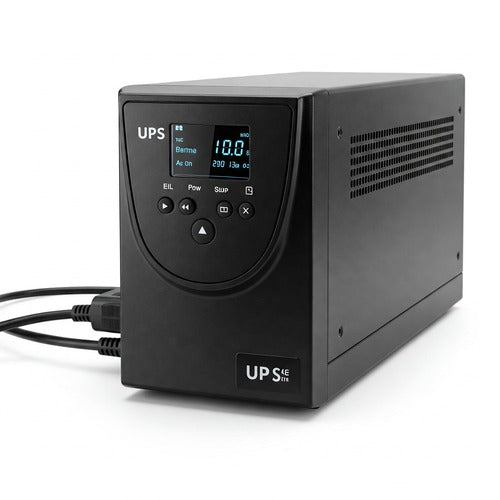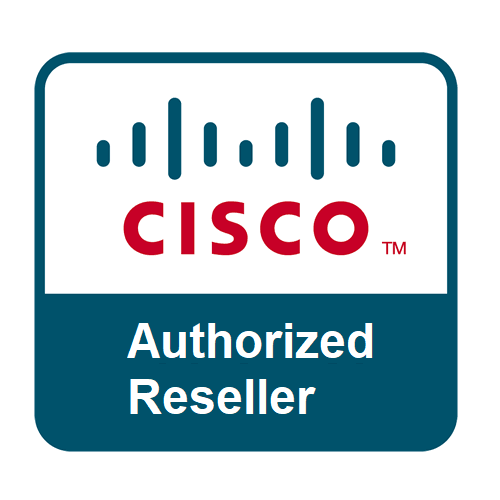The Unsung Hero of Business Continuity: Why Your Business Needs a UPS System
In today's hyper-connected business world, downtime is a four-letter word. Every minute your systems are offline can mean lost revenue, decreased productivity, damaged reputation, and frustrated customers. While we often focus on cybersecurity, disaster recovery plans, and cloud backups, there's one critical, often overlooked component that forms the first line of defense against a common threat: power outages and fluctuations.
That component is the Uninterruptible Power Supply (UPS) system.
Think of a UPS as the silent guardian of your crucial electrical equipment. It's more than just a battery backup; it's a vital piece of infrastructure for maintaining business continuity. Here's why your business can't afford to be without one:
1. Protecting Against Data Loss and Corruption:
Sudden power loss is a digital disaster waiting to happen. When a computer or server loses power abruptly, applications crash, unsaved work vanishes, and databases can become corrupted. A UPS provides a seamless transition to battery power, giving you and your systems precious time to save data and perform an orderly shutdown, preventing irreversible damage and data loss.
2. Preventing Equipment Damage:
Power isn't always clean. Surges, sags, spikes, and brownouts can wreak havoc on sensitive electronic components in servers, workstations, networking equipment, and other critical hardware. A good UPS system acts as a buffer, conditioning the incoming power to provide a stable, clean supply, significantly extending the lifespan of your valuable IT assets and preventing costly repairs or replacements.
3. Ensuring Business Operations Continue (Bridging the Gap):
While a UPS might not power your entire building for days, its primary role is to bridge the gap between a power outage and the activation of a generator, or simply provide enough time for a safe shutdown. This brief window is critical. It keeps essential systems like point-of-sale, communication platforms, security systems, and active work sessions running, allowing employees to continue critical tasks or save their progress without interruption.
4. Maintaining Connectivity:
In an outage, losing power often means losing internet and network connectivity. A UPS can keep routers, switches, modems, and firewalls online, ensuring that crucial communications remain functional, whether it's for remote access, VoIP calls, or access to cloud services (as long as the internet provider's equipment also remains live or has backup power).
5. Enhancing System Reliability and Uptime:
By providing clean power and backup during disturbances, a UPS dramatically increases the overall reliability and uptime of your IT infrastructure. This leads to fewer unexpected disruptions, less time spent troubleshooting power-related issues, and more productive work hours.
More Than Just a Battery:
It's important to note that not all UPS systems are created equal. Different types (like standby, line-interactive, and online) offer varying levels of protection and features. Choosing the right UPS depends on the criticality of the equipment you're protecting and the quality of your local power supply. Factors like capacity (measured in VA or Watts) and desired runtime are also crucial considerations.
Conclusion:
In the grand scheme of business investments, a UPS system might seem like a small item, but its role in protecting your data, equipment, and ultimately, your ability to operate, is enormous. It's an essential part of a comprehensive business continuity and disaster recovery strategy.
Don't wait for the next power flicker or outage to realize its importance. Invest in the right UPS systems for your critical equipment today. It's not an expense; it's an insurance policy for your business's future.







